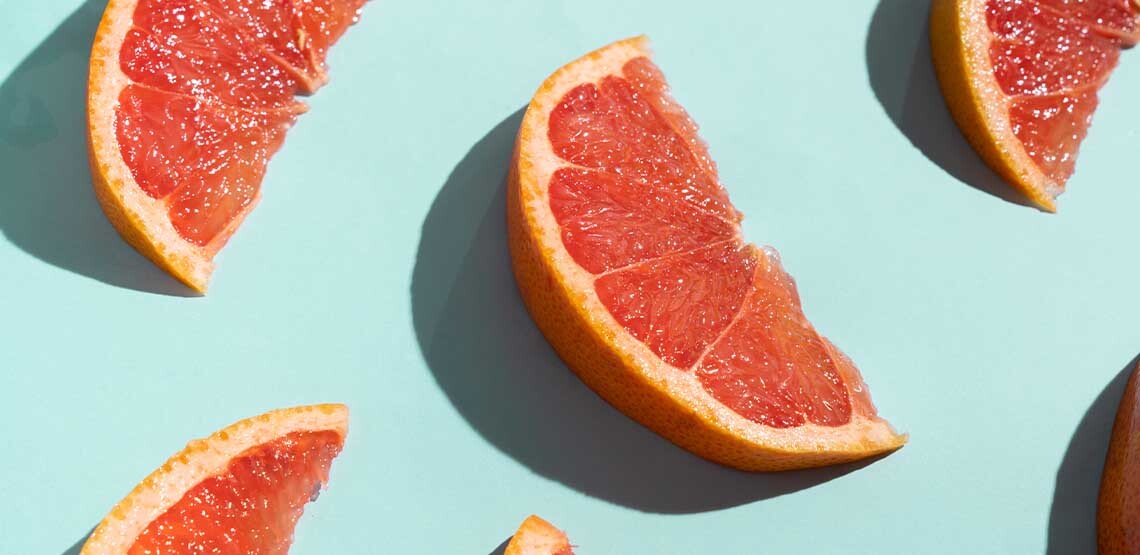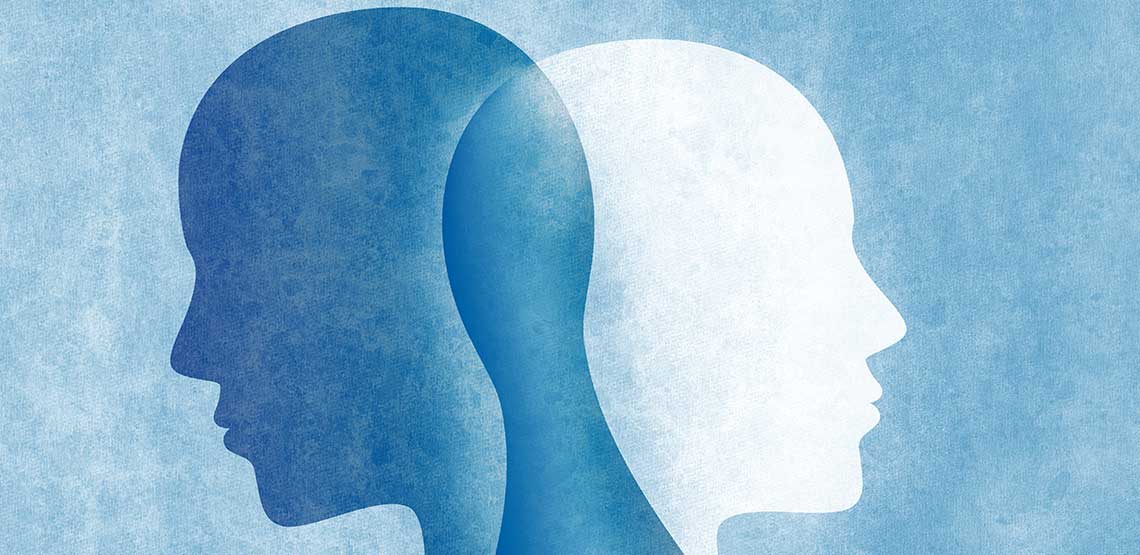What Foods Trigger Atrial Fibrillation?
Atrial fibrillation (AFib) involves an abnormal heart rhythm. What happens is that the atria, which is the upper chambers of the heart, beat irregularly. This irregularity causes the heart to have to work harder and, as a result, increases your risk of stroke and heart failure.
Lifestyle factors, such as the foods you eat, may contribute to the development of AFib or a flare-up of symptoms. For example, some foods may have ingredients that stimulate the heart and increase the risk of a flare-up of AFib. So, what foods can trigger atrial fibrillation? What signs should you watch for? Let’s find out.
Common Symptoms of AFib
According to the American Heart Association, in the United States, about 2.7 million people have AFib. However, some people may not realize they have the condition because they do not experience symptoms. When symptoms are present, they may include:
- Fast or irregular heartbeat
- Fatigue
- Dizziness
- Chest pain
- Sweating
- Weakness
- Shortness of breath
How Foods Can Cause a Flare-Up
Certain foods may also interact with medication to treat atrial fibrillation. If your medication to manage AFib is not working as it should, it can lead to poorly controlled AFib and a flare-up of symptoms.
Eating certain types of foods can also indirectly increase a person’s risk of developing AFib. For example, certain food may increase a person’s risk of obesity, diabetes, and heart disease. All of these conditions are risk factors for developing AFib.
What Foods Can Trigger a Flare-up
Eating certain types of foods may increase your risk of developing AFib symptoms. It is best to talk with your healthcare provider or a nutritionist to determine a specific diet plan to follow. But in general, the following types of foods may trigger an atrial fibrillation flare-up:
Caffeine
Beverages that contain large amounts of caffeine, such as energy drinks, may increase your risk of AFib. Caffeine is a stimulant and can increase your heart rate. Research in the Journal of Cardiovascular Medicine indicated that drinking energy drinks is associated with severe arrhythmias, including AFib.
But keep in mind, not all caffeinated beverages are equal. For example, some studies have shown that drinking coffee in moderation does not increase the symptoms of AFib.
Processed Foods
Processed foods often contain large amounts of preservatives and salts. Too much salt can have a negative effect on the heart.
Related Search Topics (Ads)
Grapefruit
Grapefruit contains naringenin, which may interfere with certain medications used to treat AFib. There are several types of drugs used to control AFib. Since grapefruits may interfere with the effectiveness of some antiarrhythmic medications, it is best to talk with your doctor to determine if you should avoid grapefruit.
High Sugar Foods
Foods high in sugar may increase your risk of obesity and diabetes, which in turn can raise a person’s risk of developing AFib.
Alcohol
Drinking too much alcohol may increase both the risk of developing AFib and increase flare-ups if you already have the condition. A study published in the New England Journal of Medicine found that avoiding alcohol reduced the frequency of flare-ups of AFib. Drinking too much alcohol is also linked to developing obesity and high blood pressure, leading to AFib.
Red Meat
Red meat typically has higher amounts of saturated fat than fish and poultry. Saturated fat may increase cholesterol levels in the body. High cholesterol puts you at an increased risk of developing AFib.
Foods People with Atrial Fibrillation Should Avoid
Although no one food may be completely off-limits for someone with AFib, certain foods should be limited. This is because some types of foods may increase your risk of triggering AFib symptoms. Also, your diet plays a role in your heart health.
If you have AFib, considering limiting the following foods:
- Sausage, which is high in fat and salt
- Deli meats, which often contain preservatives and salt
- French fries and other fried foods, which are high in fat and salt
- Cake, cookies, and ice cream, which are high in sugar and fat
- Alcoholic drinks
- Energy drinks
- Beef and lamb, which are often high in saturated fat
Recommended Atrial Fibrillation Healthy Foods
If you have AFib, certain foods may help in promoting heart health. In addition, eating certain foods may decrease your risk of heart disease and developing complications, including AFib.
Specific types of foods are beneficial for heart health. Recommended foods include:
- Food high in omega-3 fatty acids, such as olive oil, salmon, and avocados
- Food high in fiber, including legumes, nuts, and seeds
- Fruit, which contains antioxidants
- Vegetables, which provide essential vitamins and minerals
Some studies also show that the Mediterranean diet may be heart-healthy. For example, the American Heart Association recommends the Mediterranean diet to reduce your risk of heart disease, which can lead to AFib.
The Mediterranean diet includes foods, such as:
- Daily intake of fruits, veggies, and healthy fats, such as olive oil and avocado
- Weekly consumption of beans, eggs, and fish
- Moderate amounts of dairy
- Limited red meat


